Forschungsschwerpunkt Cognitive Computing in Life Sciences
Mit Cognitive Computing entwickeln wir neue Algorithmen, Modelle sowie Systeme für die Signalverarbeitung, Datenanalyse und Prozesssteuerung in den Life Sciences.

Über uns
Der Forschungsschwerpunkt Cognitive Computing in Life Sciences entwickelt Berechnungsmethoden und -modelle, die von den Lern- und Selbstorganisationsprinzipien biologischer neuronaler Systeme inspiriert sind und wendet diese auf Probleme in den Life Sciences an, wie z. B. Verarbeitung von Biosignalen, Aktivitätserkennung, Umweltüberwachung und autonome Assistenzsysteme in Produktion-, Landwirtschaft-, und Gesundheitssystemen.
Unser Ansatz
Eine Kombination von modellbasierten Methoden und datengesteuertem maschinellen Lernen:
Selbstorganisierende und komplexe Systeme
- Dynamische Systeme, zelluläre Automaten, physikbeschränktes Deep Learning
Neuromorphic Computing
- Ereignisbasiertes Sehen, neuronale Bewegungsplanung und -steuerung, autonomes Lernen, energieeffiziente KI, Echtzeit-KI
Klassisches und auf Deep Learning basiertes maschinelles Lernen
- NLP, generative KI, multimodale Modellierung, erklärbare KI
- Reinforcement learning, Bayes'sche Modellierung, vorauschauende Analytik, Signalverarbeitung
Beispiele für Anwendungsbereiche
- Umweltsysteme und Nachhaltigkeit
- Perzeption und Analyse
- Spektralanalyse in der Lebensmittelindustrie und Materialwissenschaft
- Protein-Engineering
- Prozessautomatisierung
- Vorausschauende Wartung
- Biosignalanalyse und Sportanalytik
- Intelligente Landwirtschaft
- Kollaborative und assistierende Roboter
Unsere Forschungsgruppen
Das Zentrum besteht aus fünf unabhängigen Forschungsgruppen:
Advanced Signal Analytics
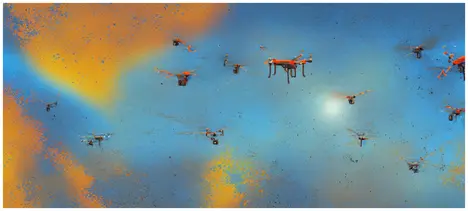
Diese Forschungsgruppe arbeitet in der Analyse, Modellierung und Klassifizierung von Signalen sowie an der statistischen Modellierung und Beratung. Unsere Expert:innen wenden physikalische und statistische Modelle sowie Deep Learning auf Probleme in den Biowissenschaften wie landwirtschaftliche Systeme, Chromatographie oder Signale von Drohnen an. Die Gruppe besteht aus Datenwissenschaftlern und Statistikern mit einem Hintergrund in theoretischer und angewandter Physik und Mathematik, die über langjährige Erfahrung in Forschung und Lehre in den Lebenswissenschaften verfügen.
Leiter: Dr. Matthias Nyfeler | Erfahren Sie mehr über die Forschungsgruppe Advanced Signal Analytics
Computational Environment
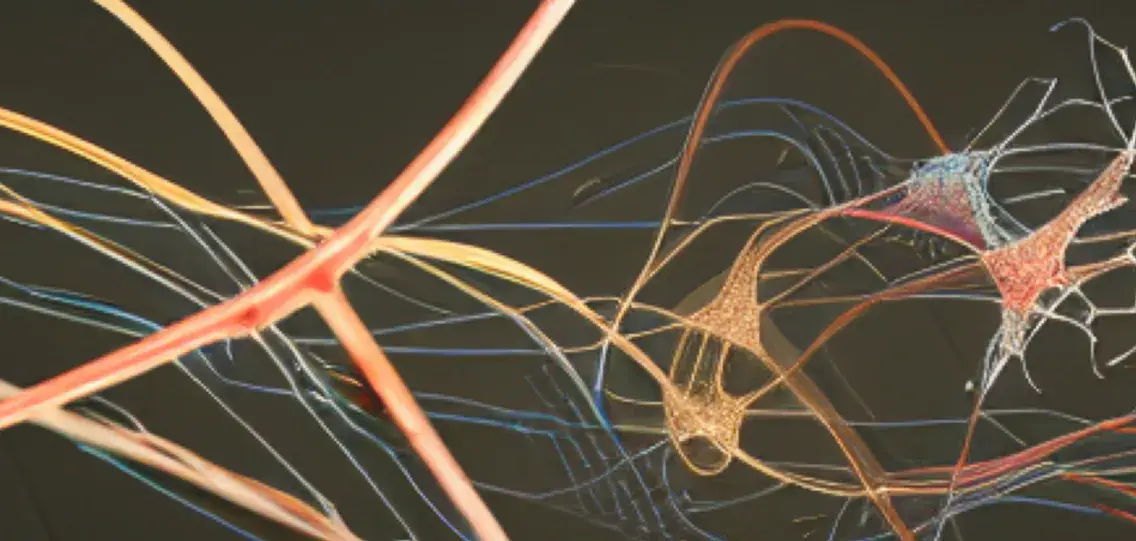
Die Forschungsgruppe beschäftigt sich mit der Modellierung natürlicher Systeme und deren Interaktion mit dem Menschen. Dies beinhaltet auch Nachhaltigkeitsthemen in einem allgemeineren Kontext, z.B. im Hinblick auf soziale und ökonomische Fragen. Unsere Expert:innen wenden einen datenwissenschaftlichen, Deep Learning- und Modellierungsansatz bei Fragestellungen an. Ein besonderer methodischer Schwerpunkt liegt auf Deep-Learning-Methoden, multimodalem Lernen mit natürlicher Sprachverarbeitung und auf der Modellierung mit diskreten Systemen wie zellulären Automaten.
Leiter: Dr. Martin Schüle | Erfahren Sie mehr über die Forschungsgruppe Computational Environment
Neuromorphic Computing
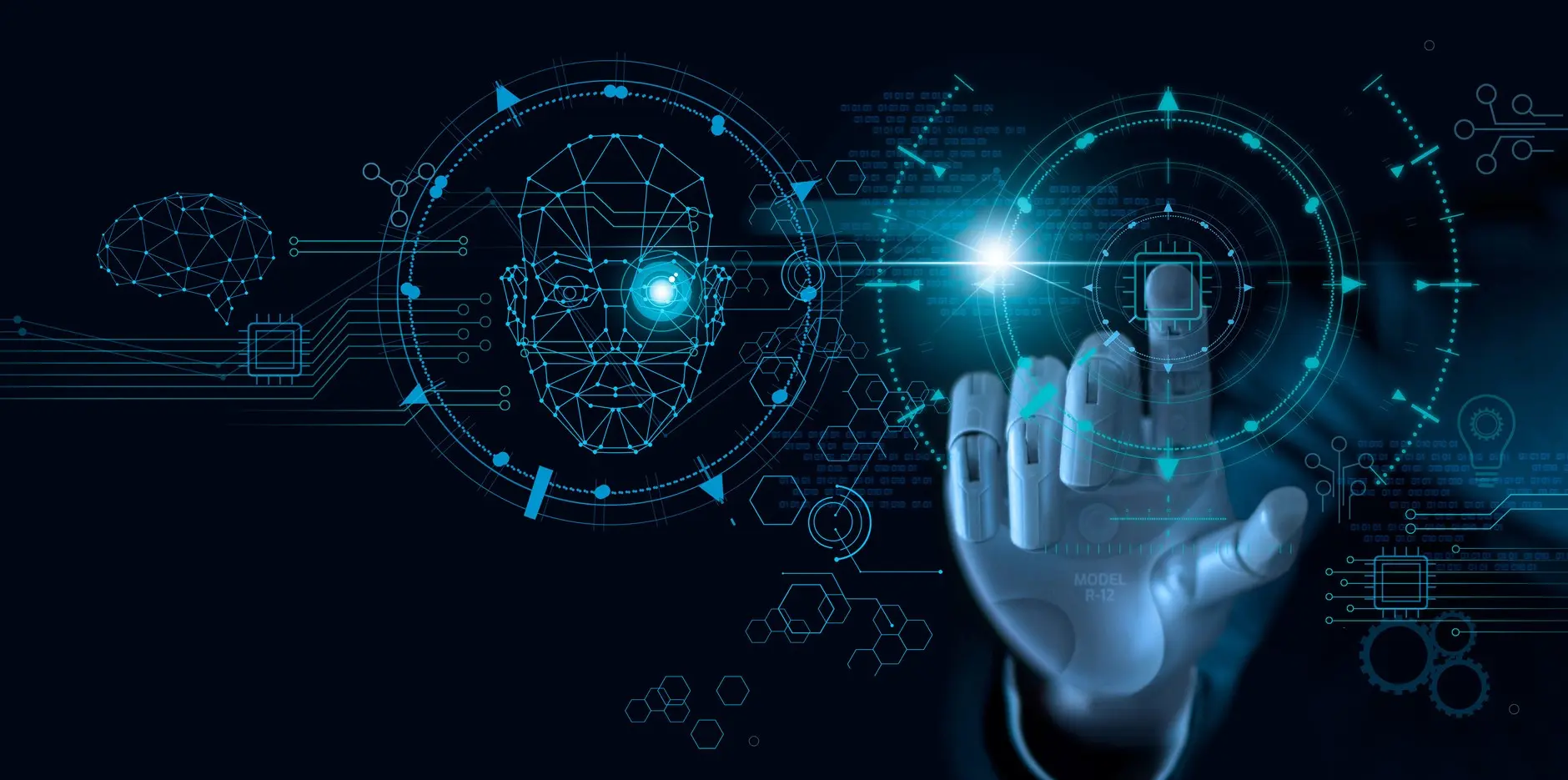
Die Forschungsgruppe entwickelt fortschrittliche, auf neuronalen Netzen basierende Algorithmen, Softwarebibliotheken und Systeme mit der neuen Generation von Computerchips - gehirninspirierte neuromorphe Sensor- und Computerhardware. Unsere Expert:innen konzentrieren sich uns auf Wahrnehmung, Bewegungsplanung und Steuerung für Roboteraktoren mit Anwendungen in den folgenden Gebieten: Gesundheitswesen, Landwirtschaft, Lebensmittelverarbeitung und intelligente Umgebungen. Die Forschungsgruppe verfolgt einen auf den Menschen ausgerichteten Designansatz, um eine neue Generation von physischen KI-Systemen zu entwickeln, welche energieeffizient, anpassungsfähig und sicher sind.
Leiterin: Prof. Dr. Yulia Sandamirskaya | Erfahren Sie mehr über die Forschungsgruppe Neuromorphic Computing
Predictive Analytics
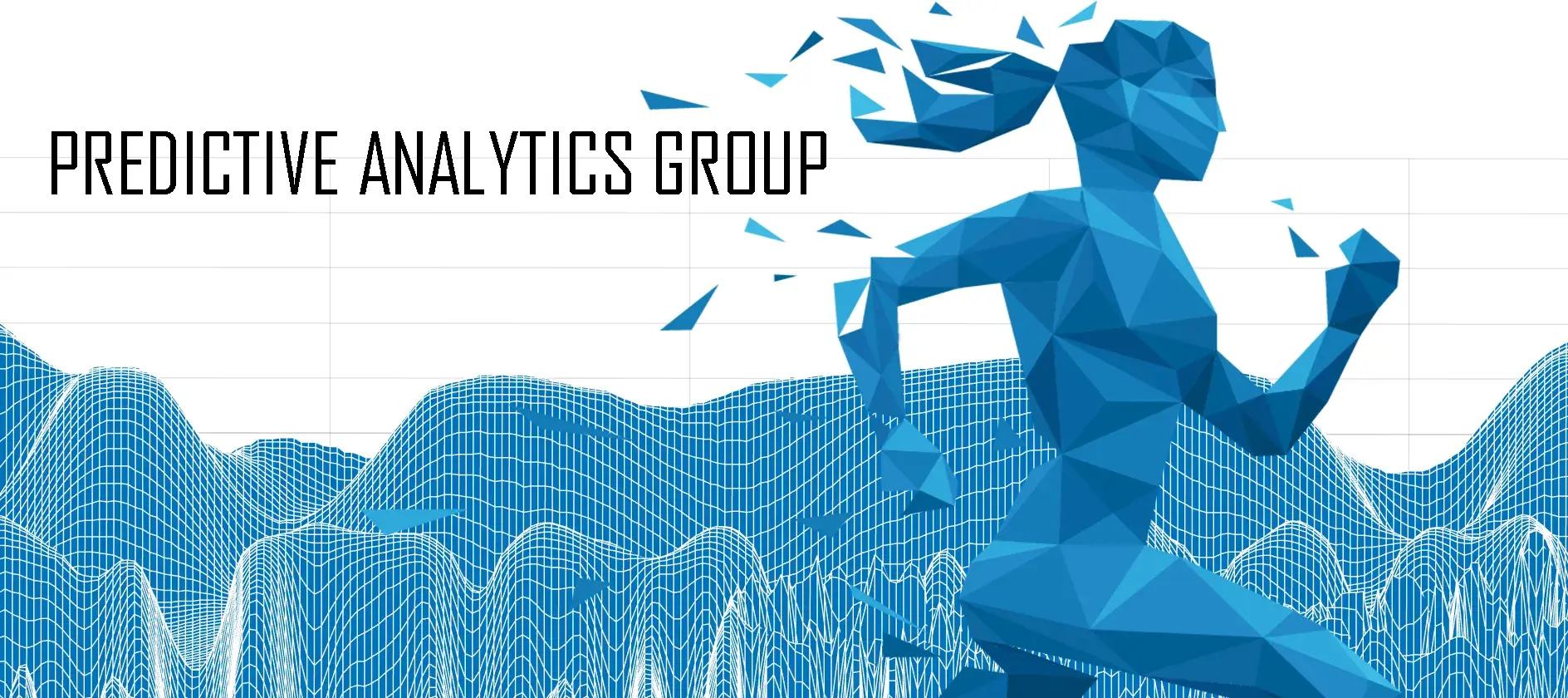
Der Schwerpunkt der Forschungsgruppe liegt auf der angewandten Forschung im Bereich der statistischen Modellierung und des maschinellen Lernens zur Entdeckung von Mustern sowie auf Data Mining, Mustererkennung und Prognosen in den Biowissenschaften. Unsere Expert:innen verfügen über eine nachweisliche Erfolgsbilanz in den Bereichen Medizintechnik, personalisierte Gesundheit und Sportanalytik. Die Expertise der Gruppe liegt in der Fusion heterogener Informationsquellen und Ensemble-Methoden, insbesondere für die Zeitreihen- und Bild-/Video-Analytik. Im Kontext von Industrie 4.0 forscht die Gruppe auf dem Gebiet der prädiktiven und präskriptiven Wartung.
Leiter: Dr. Krzysztof Kryszczuk | Erfahren Sie mehr über die Forschungsgruppe Predictive Analytics
Lehre
Der Forschungsbereich umfasst Lehrengagements auf BSc- und MSc-Stufe sowie in der Weiterbildung. Auf BSc-Stufe Gebiet werden Grundlagenfächer im Bereich der mathematischen und physikalischen Modellierung, der Statistik sowie der Informationsverarbeitung in allen Studiengängen des Departements angeboten. Weiter umfasst die Lehre spezifische Fächer im Bereich der Data Science mit Fokus «maschinelles Lernen, neuronale Netzwerke, Signal-und Bildanalyse» in den institutseigenen Programmen BSc ADLS, MSc ACLS und in der Weiterbildung. Drittens werden spezifische Fächer vor allem in der Vertiefung Digital Environment des ADLS angeboten.
Team Cognitive Computing in Life Sciences

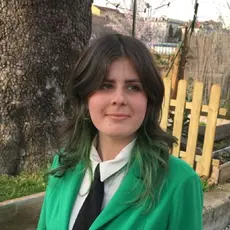
Projekte
Leider kann hier momentan keine Liste der Projekte angezeigt werden. Bis die Liste wieder verfügbar ist, kann die Projektsuche auf der Dachseite der ZHAW genutzt werden.
Publikationen
-
Glüge, Stefan; Nyfeler, Matthias; Aghaebrahimian, Ahmad; Ramagnano, Nicola; Schüpbach, Christof,
2024.
IEEE Journal of Radio Frequency Identification.
8, S. 821-830.
Verfügbar unter: https://doi.org/10.1109/JRFID.2024.3487303
-
Körner, Paulina; Glüge, Juliane; Glüge, Stefan; Scheringer, Martin,
2024.
Environmental Science Processes & Impacts.
Verfügbar unter: https://doi.org/10.1039/d4em00431k
-
Epper, Pascale; Glüge, Stefan; Vidondo, Beatriz; Wróbel, Anna; Ott, Thomas; Sieme, Harald; Kaeser, Rebekka; Burger, Dominik,
2023.
Increase of body temperature immediately after ovulation in mares.
Journal of Equine Veterinary Science.
127(104565).
Verfügbar unter: https://doi.org/10.1016/j.jevs.2023.104565
-
Glüge, Stefan; Balabanov, Stefan; Koelzer, Viktor Hendrik; Ott, Thomas,
2023.
Evaluation of deep learning training strategies for the classification of bone marrow cell images.
Computer Methods and Programs in Biomedicine.
(243), S. 107924.
Verfügbar unter: https://doi.org/10.1016/j.cmpb.2023.107924
-
Horn, Claus; Nyfeler, Matthias; Müller, Georg; Schüpbach, Christof,
2022.
Drone radio signal detection with multi-timescale deep neural networks[Paper].
In:
Yurish, Sergey Y., Hrsg.,
Proceedings of the 4th International Conference on Advances in Signal Processing and Artificial Intelligence.
4th International Conference on Advances in Signal Processing and Artificial Intelligence (ASPAI), Corfu, Greece, 19-21 October 2022.
IFSA Publishing.
S. 140-143.
Verfügbar unter: https://doi.org/10.21256/zhaw-27185













